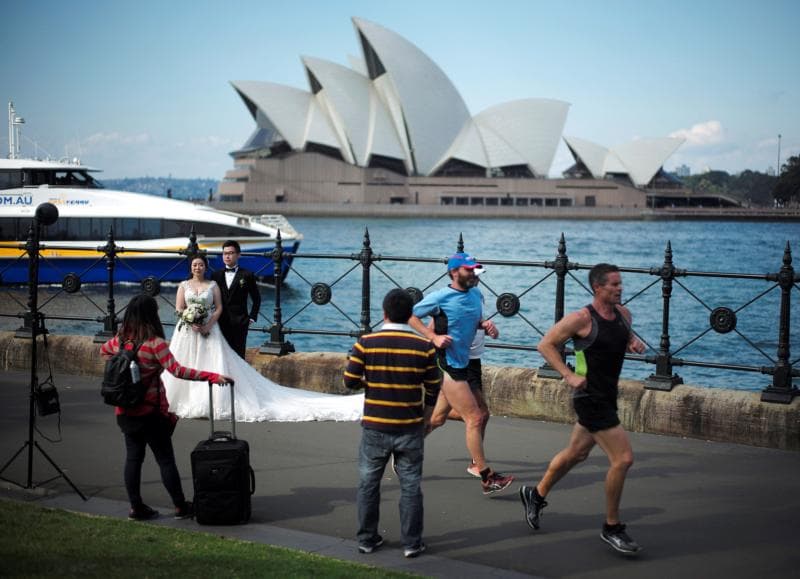Survivors of clerical abuse in the Australian state of New South Wales will be able to directly sue churches under proposed legal changes announced on Sunday.
Mark Speakman, the attorney general, said the new legislation was in response to Australia’s royal commission into institutional abuse.
New South Wales is Australia’s most populous state, and the home of the country’s largest city, Sydney.
“These reforms will provide access to new avenues to allow survivors to pursue compensation, so they can focus on recovering and moving forward with their lives,” Speakman said during a press conference, according to the AAP.
Under current law, priests and lay volunteers are not considered employees of churches. Moreover, churches’ assets are held in trust, and Australia’s courts have held that the trustees of a trust cannot be held responsible for the actions of the conduct of those working for the trust.
This makes it difficult for victims to sue for damages.
Under the new rules, the court will be granted the power to appoint trustees that can be sued unless the institution nominates an entity with assets that can be used to satisfy claims.
This will allow child sex abuse victims to sue churches and other institutions using trusts to hold their assets. In addition, the burden of proof will be placed on the institutions to prove they took reasonable precautions to prevent abuse.
“It’s staggering that these institutions in the past have been abject failures when it comes to reporting what has gone on,” Speakman said. “These reforms will make it easier for child sexual abuse survivors … to take action against those who have failed them in the past.”
Abuse victim John Ellis was unable to successfully sue the Catholic Church in 2007 because of the past rules.
“I am very chuffed that this defense won’t be able to be used – we have been working towards this for a very long time,” Ellis told the Daily Mail.
“We don’t want survivors to have to fight churches and other institutions in court but, if they have to, if the institutions are not playing ball or continuing to have an attitude problem, at least they can now have their claims tested,” he said.
In a statement released to the AAP, Sydney Archbishop Anthony Fisher said the archdiocese supports “having a clear entity as a proper defendant for claims.”
The archdiocese said the Catholic Church in the state has been helping victims identify proper defendants so that claims could be met “for some time now.”
“However, the New South Wales dioceses recognize more can be done to make access to the justice system easier,” Fisher said.
The Archdiocese of Sydney is the metropolitan for the entire state and has nine suffragan dioceses.
The new rules will go into effect later this year; the state of Victoria – the location of the city of Melbourne – enacted similar legislation in May.
Last week, laws requiring Catholic priests to break the seal of confession in some cases passed the Australian Capital Territory’s Legislative Assembly in Canberra.
The new legislation comes in the wake of the findings of the Royal Commission into Institutional Responses to Child Sexual Abuse, which was established in 2013 to investigate how institutions like schools, churches, sports clubs and government organizations have responded to allegations and instances of child sexual abuse.
The inquiry – which issued its final report in December – heard the testimonies of more than 8,000 survivors of child sex abuse. Of those who were abused in religious institutions, 62 percent were Catholics.
Several high-ranking clerics in Australia have also made headlines in cases relating to abuse.
Archbishop of Adelaide Philip Wilson in May became the most senior Catholic cleric in the world to be convicted of covering up child sex abuse in the 1970s. He could face two years in prison.
Pope Francis’s former finance minister, Cardinal George Pell, is facing a trial on sexual assault charges in Melbourne, where he previously served as archbishop. The exact details and nature of the charges have not been disclosed, though police have described them as “historical” sexual assaults, meaning they are alleged to have occurred decades ago.


















